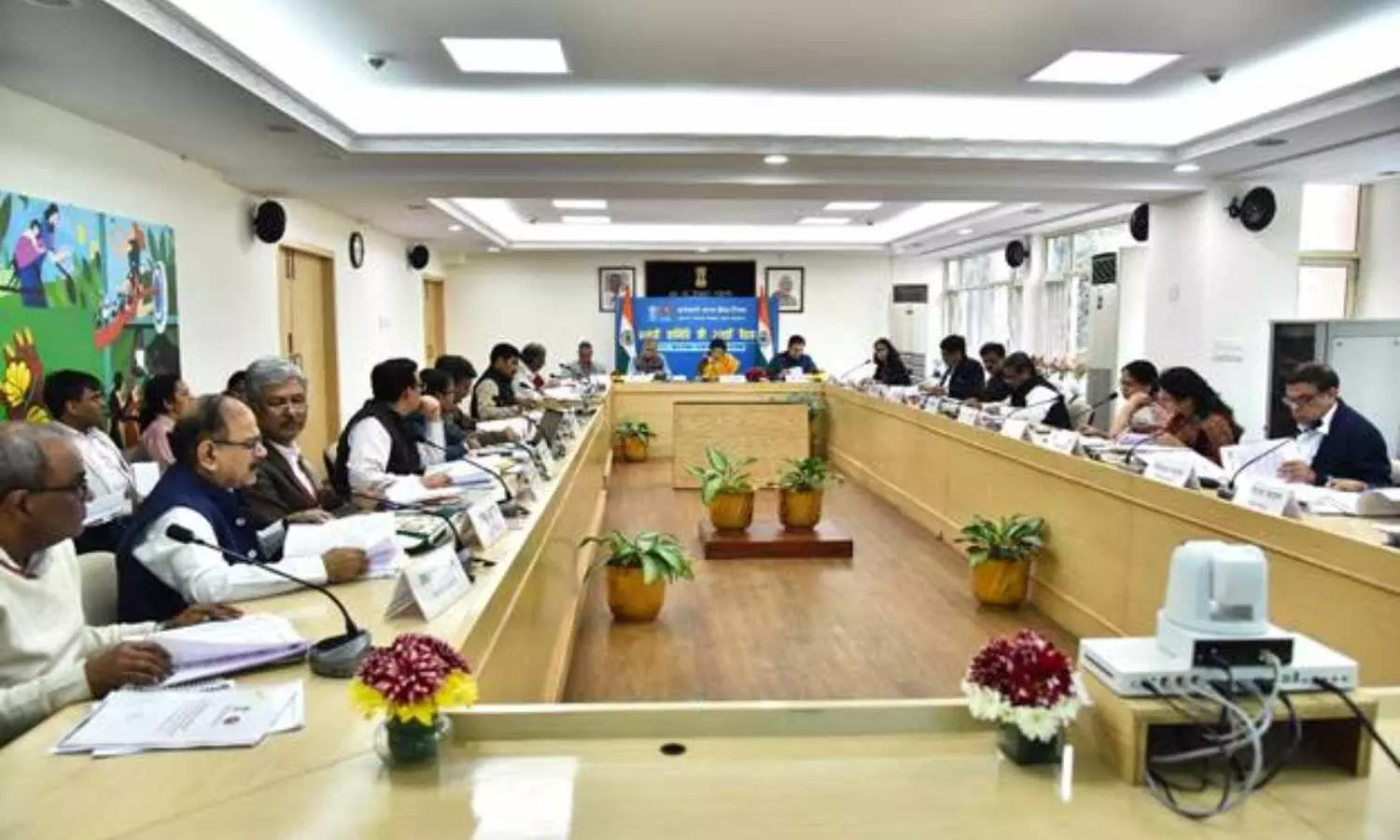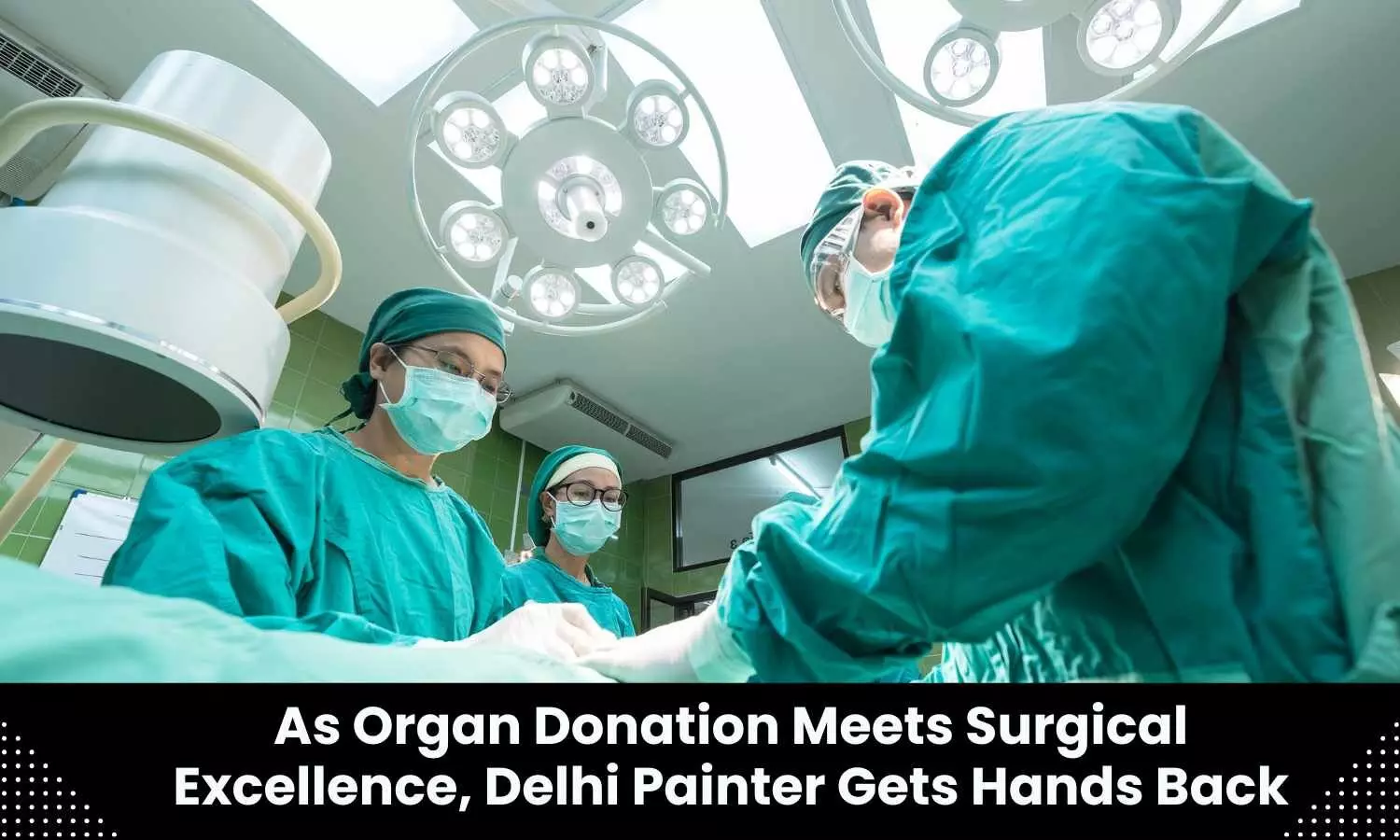
UK: A new research published in Nature Immunology has pointed out ways of preventing or reducing the impact of long COVID by rectifying iron dysregulation in early COVID-19 to prevent adverse long-term health outcomes.
The researchers revealed that problems with iron levels in the blood and the body’s ability to regulate this important nutrient as a result of SARS-CoV-2 infection could be a key trigger for long COVID.
The discovery not only points to possible ways to prevent or treat the condition, but could help explain why symptoms similar to those of long COVID are also commonly seen in a number of post-viral conditions and chronic inflammation.
Although estimates are highly variable, as many as three in 10 people infected with SARS-CoV-2 could go on to develop long COVID, with symptoms including fatigue, shortness of breath, muscle aches and problems with memory and concentration (‘brain fog’). An estimated 1.9 million people in the UK alone were experiencing self-reported long COVID as of March 2023, according to the Office of National Statistics.
Shortly after the start of the COVID-19 pandemic, researchers at the University of Cambridge began recruiting people who had tested positive for the virus to the COVID-19 cohort of the National Institute for Health and Care Research (NIHR) BioResource. These included asymptomatic healthcare staff identified via routine screening through to patients admitted to Cambridge University Hospitals NHS Foundation Trust, some to its intensive care unit.
Over the course of a year, participants provided blood samples, allowing researchers to monitor changes in the blood post-infection. As it became clear that a significant number of patients would go on to have symptoms that persisted-long COVID-researchers were able to track back through these samples to see whether any changes in the blood correlated with their later condition.
In findings published in Nature Immunology, researchers at the Cambridge Institute of Therapeutic Immunology and Infectious Disease (CITIID), University of Cambridge, together with colleagues at Oxford, analysed blood samples from 214 individuals. Approximately 45% of those questioned about their recovery reported symptoms of long COVID between three and ten months later.
Professor Ken Smith, who was Director of CITIID at the time of the study and is now based at the Walter and Eliza Hall Institute of Medical Research (WEHI) in Melbourne, Australia, said: “Having recruited a group of people with SARS-CoV-2 early in the pandemic, analysis of several blood samples and clinical information collected over a 12 month period after infection has proved invaluable in giving us important and unexpected insights into why, for some unlucky individuals, initial SARS-CoV-2 infection is followed by months of persistent symptoms.”
The team discovered that ongoing inflammation – a natural part of the immune response to infection – and low iron levels in blood, contributing to anaemia and disrupting healthy red blood cell production, could be seen as early as two weeks post COVID-19 in those individuals reporting long COVID many months later.
Early iron dysregulation was detectable in the long COVID group independent of age, sex, or initial COVID-19 severity, suggesting a possible impact on recovery even in those who were at low risk for severe COVID-19, or who did not require hospitalisation or oxygen therapy when sick.
Dr Aimee Hanson, who worked on the study while at the University of Cambridge, and is now at the University of Bristol, said: “Iron levels, and the way the body regulates iron, were disrupted early on during SARS-CoV-2 infection, and took a very long time to recover, particularly in those people who went on to report long COVID months later.
“Although we saw evidence that the body was trying to rectify low iron availability and the resulting anaemia by producing more red blood cells, it was not doing a particularly good job of it in the face of ongoing inflammation.”
Interestingly, although iron dysregulation was more profound during and following severe COVID-19, those who went on to develop long COVID after a milder course of acute COVID-19 showed similar patterns in the blood. The most pronounced association with long COVID was how quickly inflammation, iron levels and regulation returned to normal following SARS-CoV-2 infection – though symptoms tended to continue long after iron levels had recovered.
Co-author Professor Hal Drakesmith, from the MRC Weatherall Institute of Molecular Medicine at the University of Oxford, said iron dysregulation is a common consequence of inflammation and is a natural response to infection.
“When the body has an infection, it responds by removing iron from the bloodstream. This protects us from potentially lethal bacteria that capture the iron in the bloodstream and grow rapidly. It’s an evolutionary response that redistributes iron in the body, and the blood plasma becomes an iron desert.
“However, if this goes on for a long time, there is less iron for red blood cells, so oxygen is transported less efficiently affecting metabolism and energy production, and for white blood cells, which need iron to work properly. The protective mechanism ends up becoming a problem.”
The findings may help explain why symptoms such as fatigue and exercise intolerance are common in long COVID, as well as in several other post-viral syndromes with lasting symptoms.
The researchers say the study points to potential ways of preventing or reducing the impact of long COVID by rectifying iron dysregulation in early COVID-19 to prevent adverse long-term health outcomes.
One approach might be controlling the extreme inflammation as early as possible, before it impacts on iron regulation. Another approach might involve iron supplementation; however as Dr Hanson pointed out, this may not be straightforward.
“It isn’t necessarily the case that individuals don’t have enough iron in their body, it’s just that it’s trapped in the wrong place,” she said. “What we need is a way to remobilise the iron and pull it back into the bloodstream, where it becomes more useful to the red blood cells.”
The research also supports ‘accidental’ findings from other studies, including the IRONMAN study, which was looking at whether iron supplements benefited patients with heart failure – the study was disrupted due to the COVID-19 pandemic, but preliminary findings suggest that trial participants were less likely to develop severe adverse effects from COVID-19. Similar effects have been observed among people living with the blood disorder beta-thalassemia, which can cause individuals to produce too much iron in their blood.
Reference:
Hanson, A.L., Mulè, M.P., Ruffieux, H. et al. Iron dysregulation and inflammatory stress erythropoiesis associates with long-term outcome of COVID-19. Nat Immunol 25, 471–482 (2024). https://doi.org/10.1038/s41590-024-01754-8.







